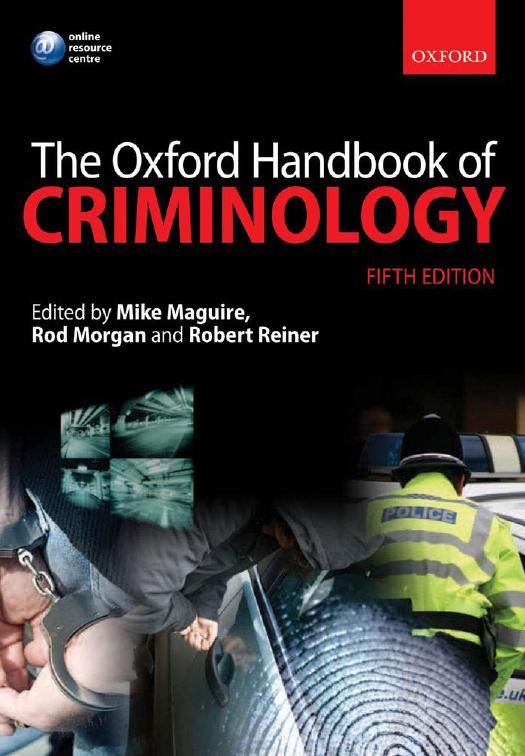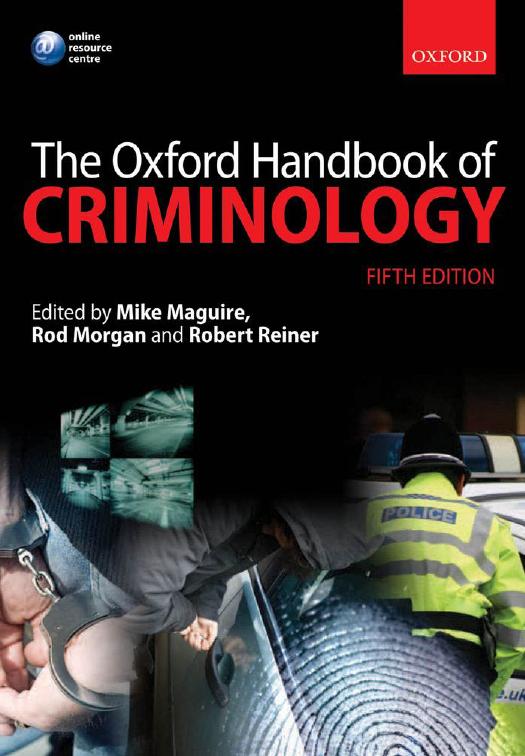The Oxford Handbook of Criminology 5th edition by Rod Morgan, Mike Maguire, Robert Reiner ISBN 0199590273 978-0199590278
Original price was: $50.00.$25.00Current price is: $25.00.
Authors:Rod Morgan; Mike Maguire; Robert Reiner , Series:Cyber Security [304] , Tags:Juvenile Nonfiction; Social Science; General; Law; Criminal Law; Sentencing; Psychology; Psychopathology; Criminology; Sociology , Author sort:Morgan, Rod & Maguire, Mike & Reiner, Robert , Ids:Google; 9780199590278 , Languages:Languages:eng , Published:Published:Apr 2012 , Publisher:OUP Oxford , Comments:Comments:The most comprehensive and authoritative single volume text on the subject, the fifth edition of the acclaimed Oxford Handbook of Criminology combines masterly reviews of all the key topics with extensive references to aid further research. In addition to the history of the discipline and reviews of different theoretical perspectives, the book provides up-to-date reviews of such diverse topics as public views about crime and justice, youth crime and justice and state crime and human rights. The fifth edition has been substantially revised and updated so that it covers topics being taught at undergraduate level as well as encapsulating the latest developments in the academic and practical spheres of criminology, including reflections on the August 2011 riots. An impressive line-up of contributors, experts in their respective fields, means the Oxford Handbook of Criminology will continue to be an essential purchase for all students and teachers of criminology and an indispensable resource for professionals. Online Resource Centre * Selected chapters from previous editions * Details about the contributors * Guidance on answering essay questions * Essay questions * Selected further reading * Weblinks * Figures and tables from the text













